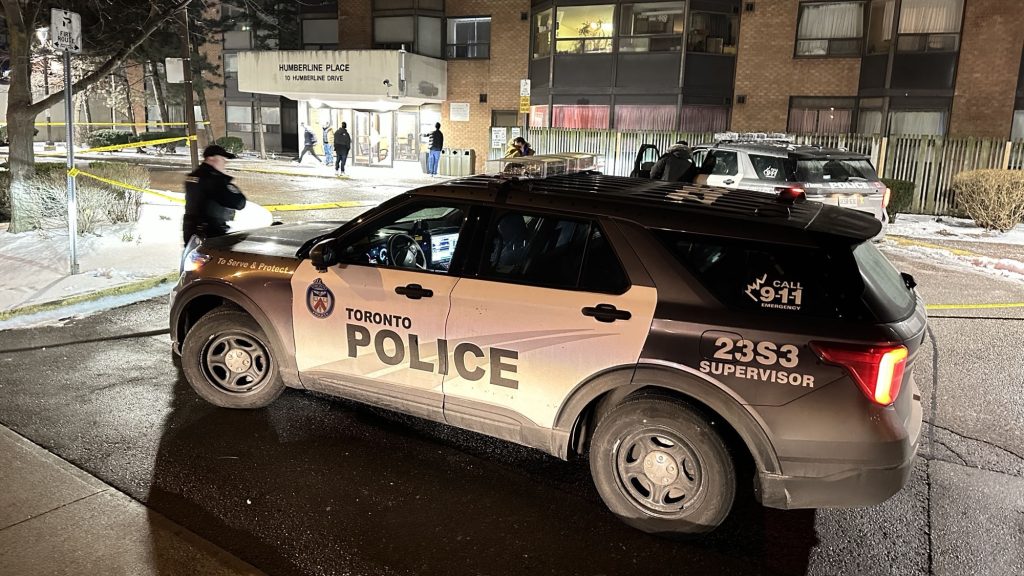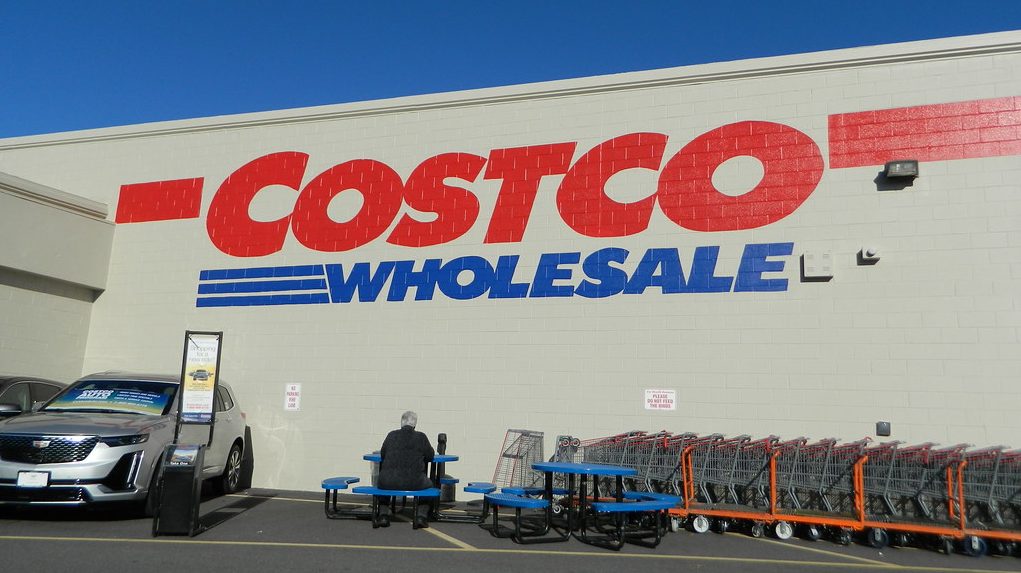Toronto Public Health recommends decriminalizing possession of drugs

Posted November 29, 2021 12:28 pm.
Last Updated November 29, 2021 3:17 pm.
Toronto Public Health (TPH) has officially recommended asking the federal government to allow for the decriminalization of simple possession of drugs within the city.
It is a part of a new approach to the “drug poisoning response” introduced by TPH. The Board of Health is set to vote on the plan at their next meeting on Dec. 6.
Medical Officer of Health Dr. Eileen De Villa’s report to the Board said there needs to be a comprehensive public health approach to this crisis. This would also include support for harm reduction, treatment, and prevention services.
The Federal Minister of Health has the authority to exempt jurisdictions, including municipalities and provinces, from provisions in the Controlled Drugs and Substances Act which criminalizes drugs if the minister deems it necessary for a medical purpose or it’s in the public interest.
Trafficking and other drug-related offences would still be considered criminal.
“Substance use is a health issue, not a criminal issue, and requires a public health approach to remove structural barriers to accessing health and social services,” read a release from TPH.
RELATED: Toronto to submit request to decriminalize drug use
On Nov. 1, the B.C. government became the first jurisdiction to ask for this exemption. The decriminalization of the possession of drugs is also supported by a number of organizations including the Ontario Association of Chiefs of Police, the Canadian Association of Chiefs of Police and the Centre for Addiction and Mental Health.
The cities of Kingston, Montreal and Ottawa have also endorsed
Data shows there was an 61 per cent increase is suspect opioid overdose calls between Nov. 1, 2020 and Oct. 31, 2021 compared to the previous 12-months. Paramedics responded to 5,776 suspect overdoses, including 351 involving a death.
The increase, according to TPH, can be attributed to “the unpredictable and toxic nature of the unregulated drug supply as well as pandemic-related service reductions and physical distancing requirements.”
Toronto police have also voiced their support for this plan.
In a statement Mayor John Tory said he was open to this approach, “but only if it is preceded by a robust system of addiction healthcare supports and referral pathways to effectively address the problem as a whole.”
“I am also committed to working with the federal and provincial governments to secure their support for this much more robust system of prevention, harm reduction and treatment, which will be required to proceed responsibly with this new approach,” continued his statement.
Several other recommendations have been made by the Medical Officer of Health in conjunction with the decriminalization of personal possession. They include funding from the provincial and federal governments to:
- Immediate scale-up of safer supply initiatives;
- Supervised consumption services and other harm reduction initiatives;
- More affordable and supportive homes for people in need, including people who use drugs.
Public Health is also asking the Federal Minister of Health to develop a national framework for decriminalization.








